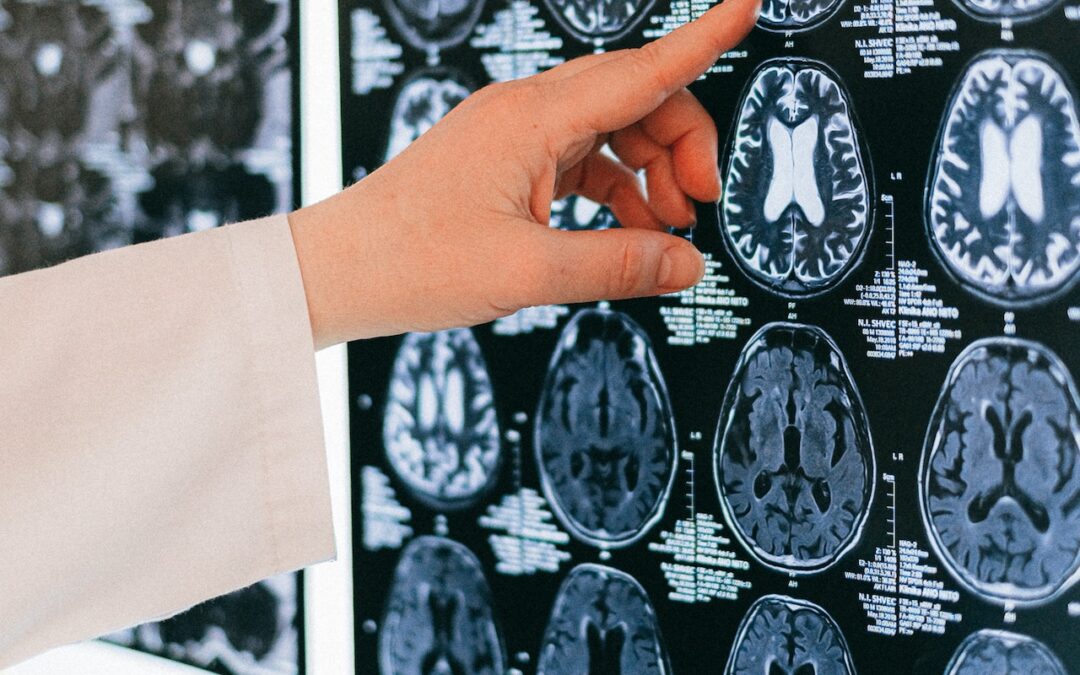More than 3 million Americans of all ages and backgrounds are living with epilepsy. Its most common symptoms are seizures, loss of consciousness, and transient confusion.
While some people have frequent seizures even with medication, many people experience long, seizure-free periods of remission. You might be able to reduce your seizures and in addition increase your overall health and balance by some basic lifestyle changes.
1. Watch for Triggers, Document Them Well and Communicate with your Doctor
Many people with epilepsy have predictable triggers. You can increase your remission periods by knowing triggers and minimizing exposure. Triggers can vary (and change over time) from person to person, but certain triggers have been linked with epilepsy episodes.
For example, some people are photosensitive (strobe lights, electronic screens for too long, fast action movies). In this case reduce your exposure. Others have a higher rate of seizure with insufficient sleep or too much alcohol. Same thing – minimize your risk by changing and being aware of your lifestyle. Some things you can’t change – for example, I seem to have a higher rate of seizures during a full moon – so I watch more carefully for Pre-Aura’s during this period.
Stay on your Meds. Monitor your input – it’s too easy to screw up and miss a day or so.
2. Maintain a Healthy Sleep Schedule
Sleep deprivation can be a trigger for seizures. Nocturnal seizures, if you have them, can potentially decrease sleep quality.
Prepare your body for sleep and reduce disturbances. Ease into it and lower stimulus in the hour before you go to bed.
3. Pay Attention to your Mood/Emotions and share them with Family/Friends
Epileptics have a higher chance of developing mood disorders and anxiety. Certain anti-seizure prescriptions can impact brain activity leading to different and unpleasant symptoms for either you or others around you.
Many people also experience low mood (and swings) due to the difficulties that can come with living with the disorder. Epilepsy specialists recommend tracking and monitoring your mood after starting a new medication. Communicate with your doctor.
Watch for signs of a mood changes – concentration problems, appetite changes, ongoing negative thoughts, and breathing issues.
Stress management techniques can help epilepsy patients manage the uncertainty that they might feel while relaxation therapies will help calm both mind and body.
4. Exercise
Regular exercise has several positive effects on health. It is a basic body/mind balance. Find what works for you and the level you need to balance your body and brain. Find what helps calm you and increases your ability to mitigate triggers.
Until you get your seizures under control, and even when you think they are under control, be very careful monitoring your body/mind and don’t miss meds when doing things like swimming, hiking, kayaking, or climbing alone. A seizure in some sports can quickly become life threatening.
Stay away from sports which have a higher rate of head trauma: Contact sports. Your brain has enough to deal with.
Final Thoughts/Comments:
Be very careful when traveling that you have sufficient medicine. Expect to be delayed on your trip home so bring extra meds – both normal and emergency. Carry an authenticated copy of your script with you.
Avoid binge drinking. A glass or two of wine a night is probably fine for most people but going from two to five and then to one and back to six is probably a bad idea.
Limit other body/mind stimuli that really affect mood and brain activity. Clearly, this means certain drugs, but it can also be basic stimulants like too much caffeine.
Ask your physician if you have any relative contraindication on meds so you can avoid what isn’t good for you. Write this down and keep reminding yourself. It’s too easy when you have a cold, and you take antihistamines which might have inputs which you shouldn’t take on your medication.

